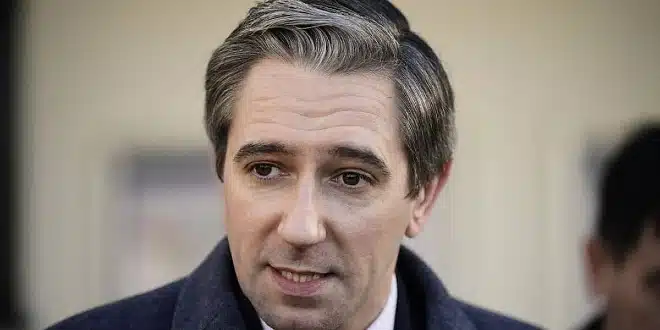With the Dáil due to return on January 22, political Ireland is a hive of activity as politicians strive to form a new government. Front and center in these efforts are Fianna Fáil and Fine Gael, who are working to agree on a Programme for Government that outlines the future direction of the country.
Progress and Challenges in Coalition Talks
Negotiations between Fianna Fáil and Fine Gael have been ongoing, with both parties optimistic about meeting the January 22 deadline. The leader of Fine Gael, Simon Harris, admitted the tight timeline but said he was hopeful of forming a government by the set date.
However, some sources describe the deadline as ambitious. Sources close to both parties said that having a fully operational government up and running by January 22 may be over-optimistic, with more time needed to iron out outstanding issues.
Rotating Taoiseach Arrangement
One of the salient features of the proposed coalition is the agreement for a rotating Taoiseach. Simon Harris confirmed that such an arrangement would form part of the next government to reflect a continuation of the power-sharing model between Fianna Fáil and Fine Gael previously adopted.
Inclusion of Independent TDs
To achieve a stable majority, both parties are reaching out to independent TDs. Discussions with the Regional Independent Group, which is led by Michael Lowry, are advancing, with the group submitting their list of demands as they go into negotiations.
Besides that, the Healy-Rae brothers have also shown interest in joining the coalition and might be eyeing ministerial roles. This will further inflate the numbers for the government in the Dáil.
Social Democrats’ Position
The Social Democrats opted out of the coalition process for forming the government. They indicated, however, that they remain open to further engagement, insisting that any discussions must focus on core policy priorities of theirs.
Key Policy Focus Areas
A number of key issues are expected to be covered under the Programme for Government:
- Housing: There is strong emphasis on delivering affordable housing with proposals to build 50,000 affordable homes during the term of government.
- Healthcare: The implementation of Sláintecare- Ireland’s plan for universal healthcare- is still on the cards.
- Energy. There have been discussions on offering a full Minister for Energy as the response to burgeoning electricity and gas bills, indicating that energy now requires focused attention.
Though there are significant inroads into the government formation talks, hurdles must be crossed in coming to the January 22 deadline. Indeed, the accommodation of independent TDs and the provision for the rotation of the Taoiseach are crucial to the proposed coalition. And all eyes will therefore be on bringing about an effective government through the resolution of pressing issues currently facing the people: housing, health, and energy.
 The Daily Star Ireland
The Daily Star Ireland

